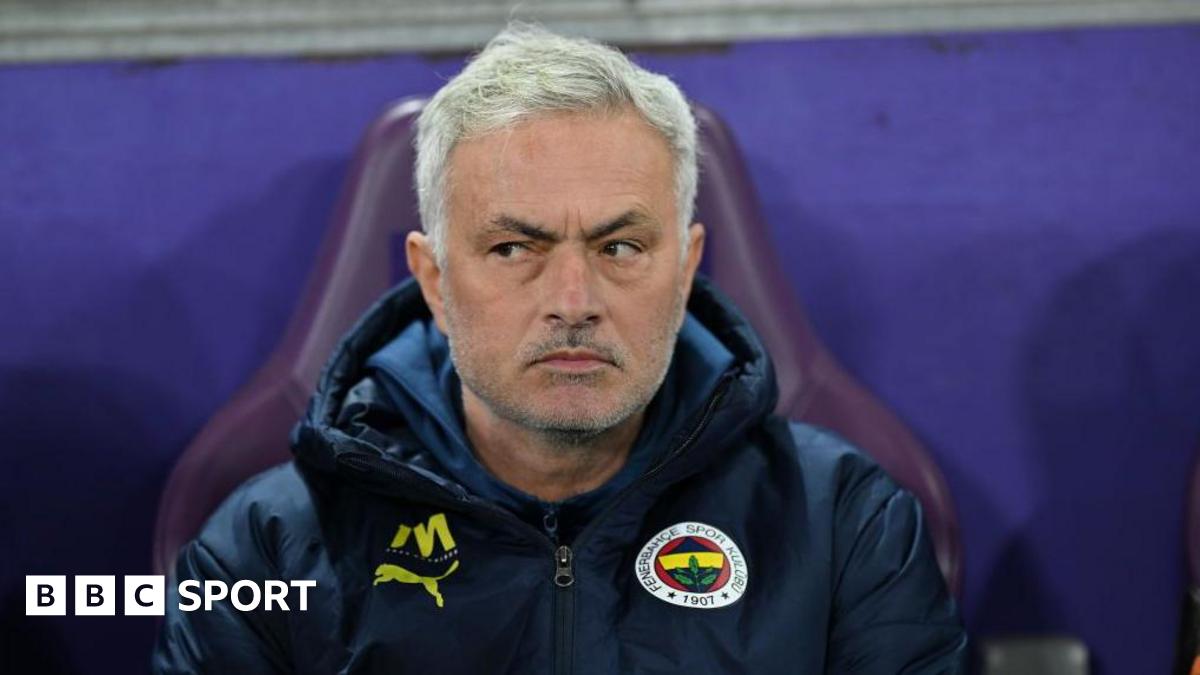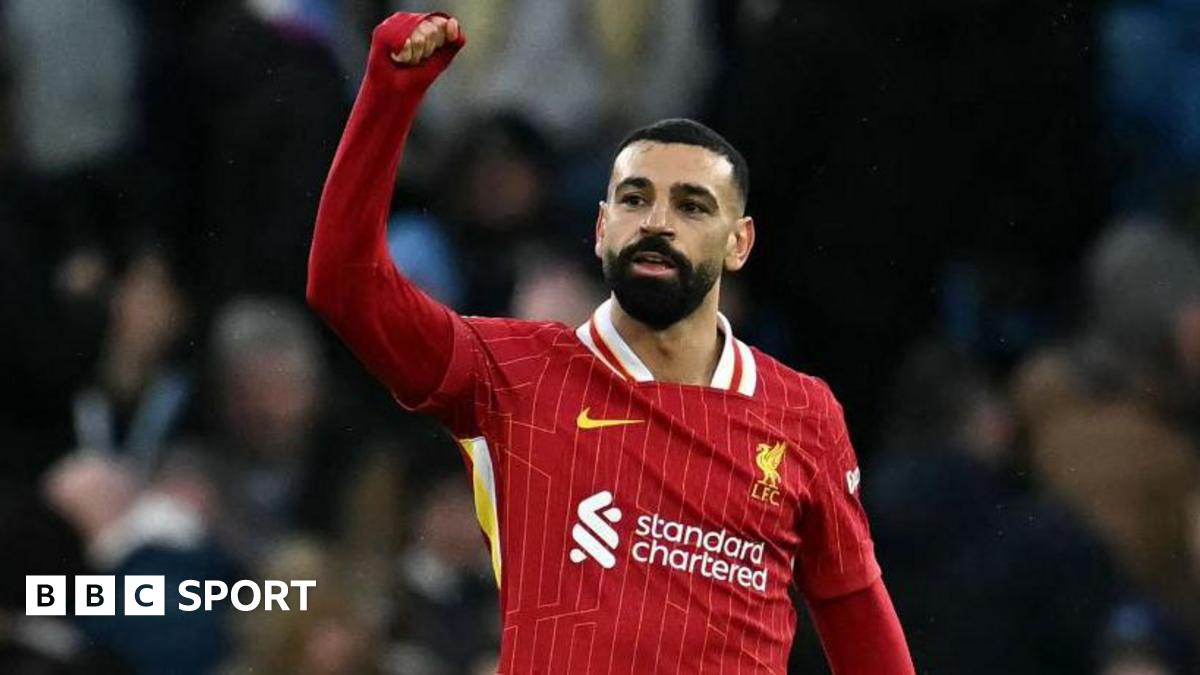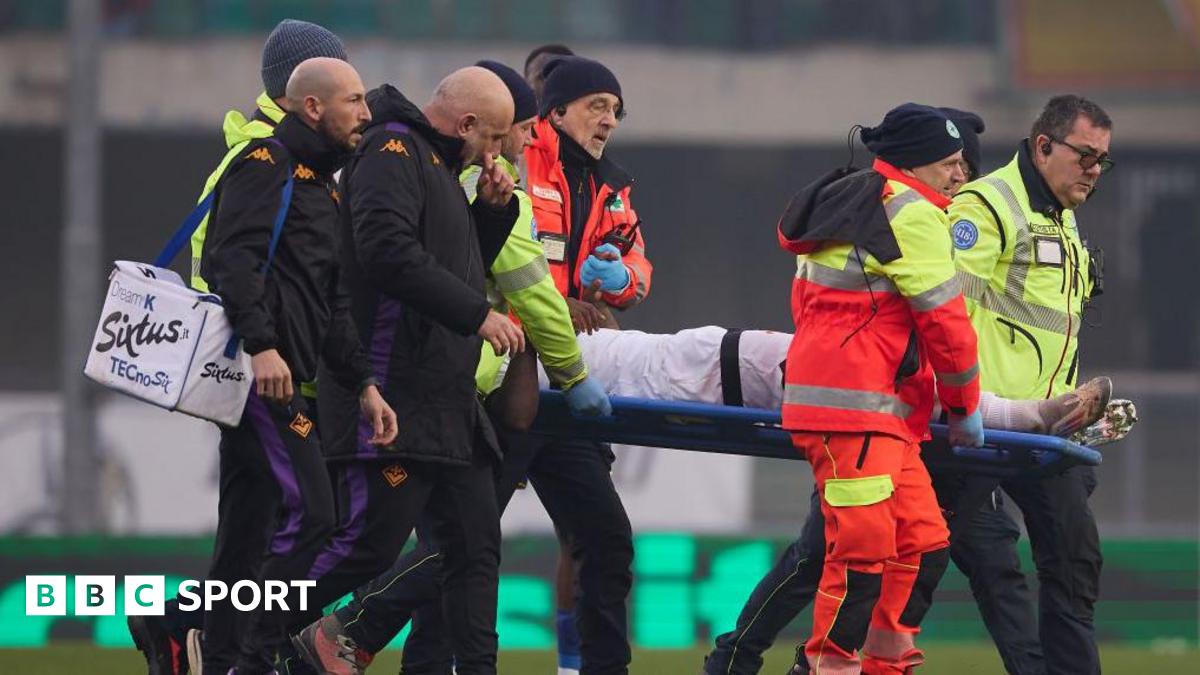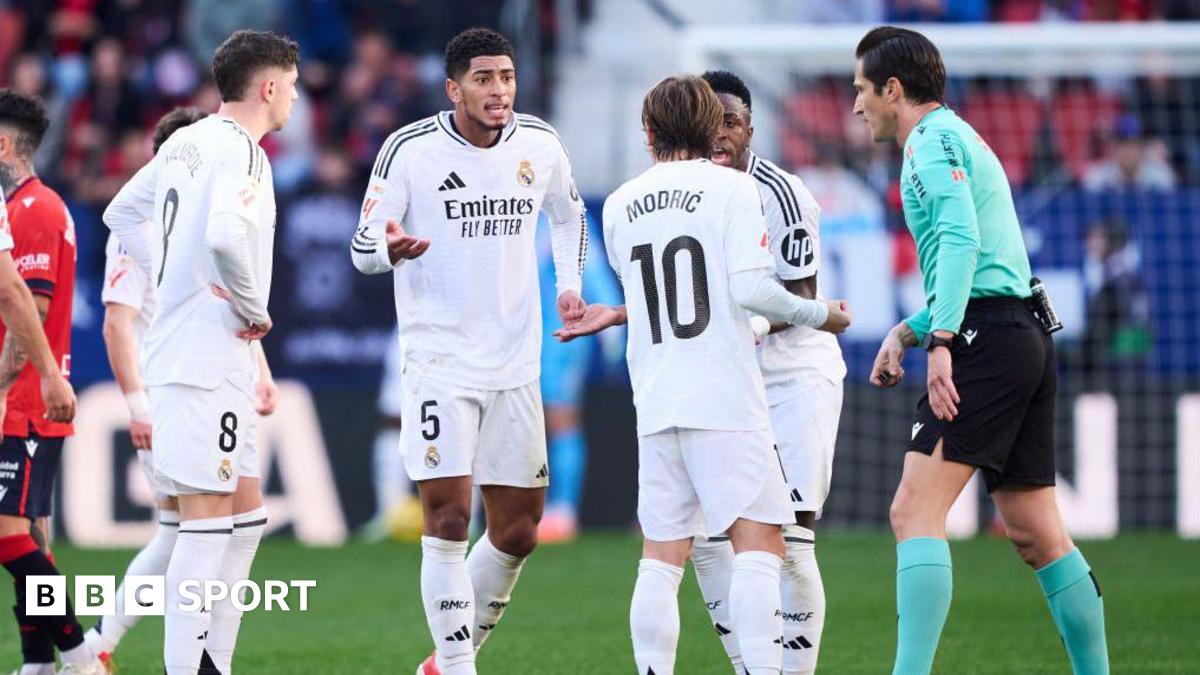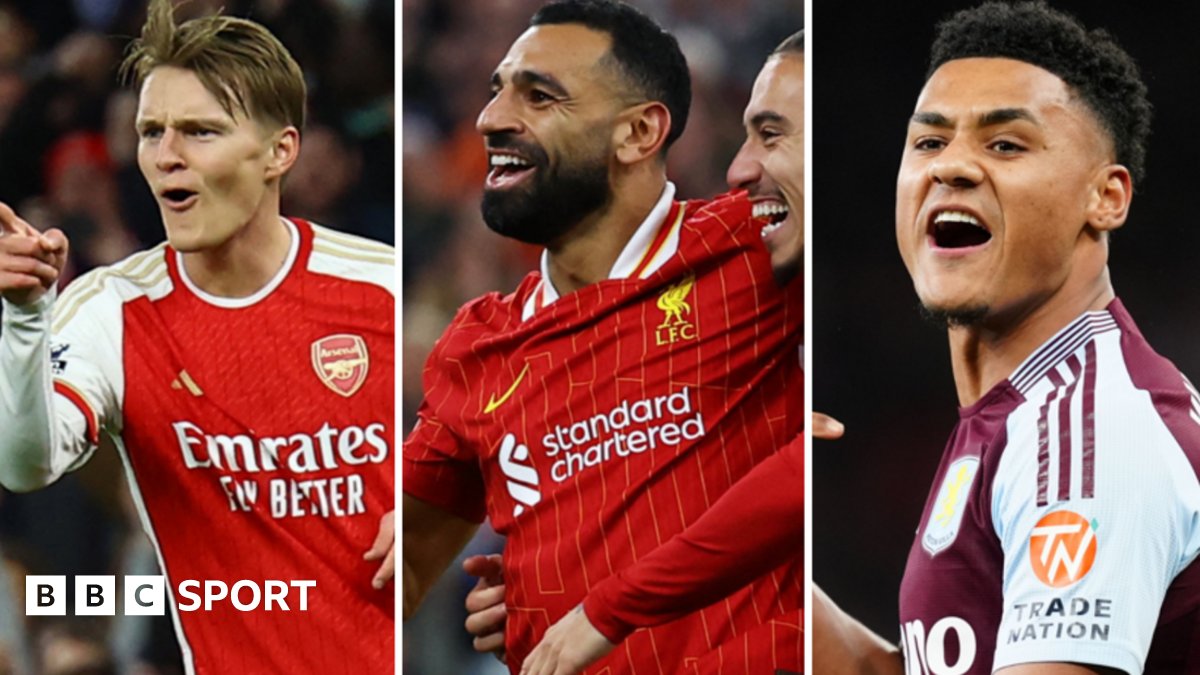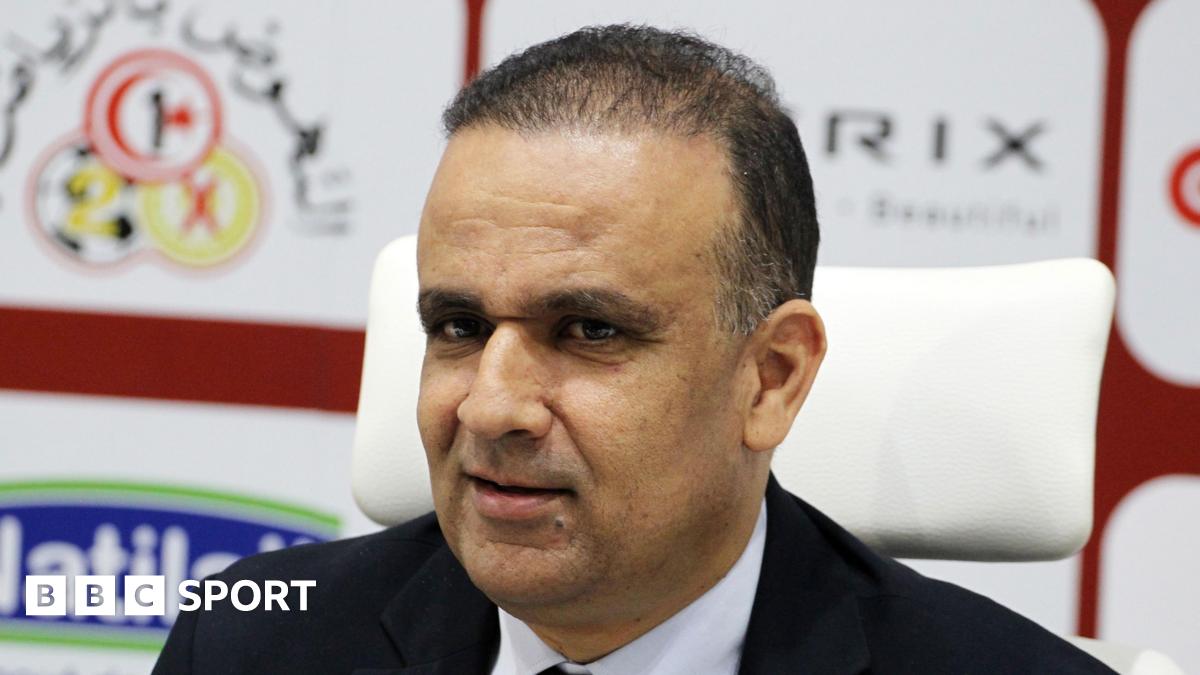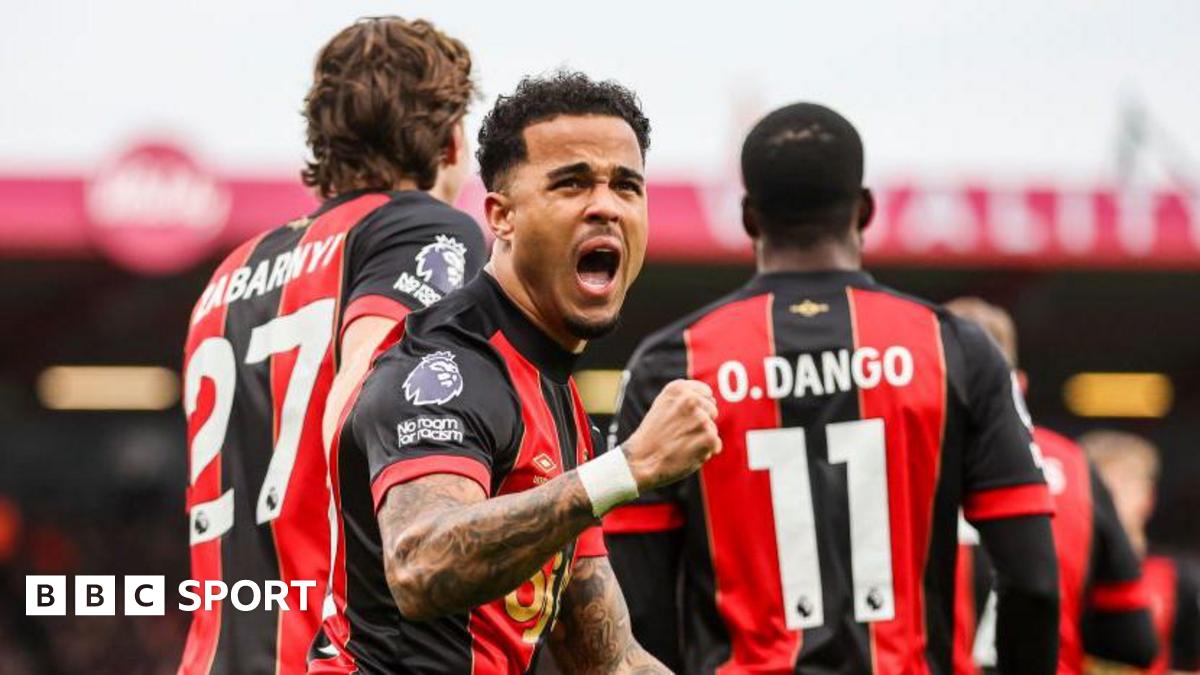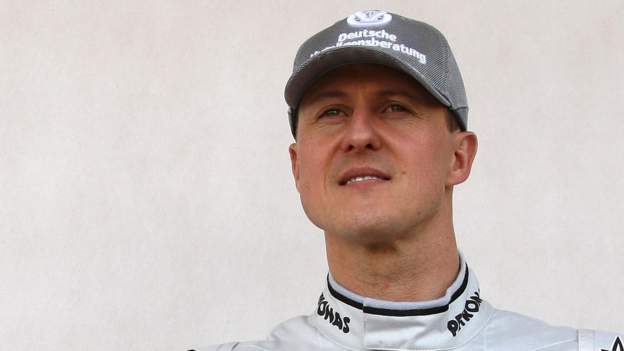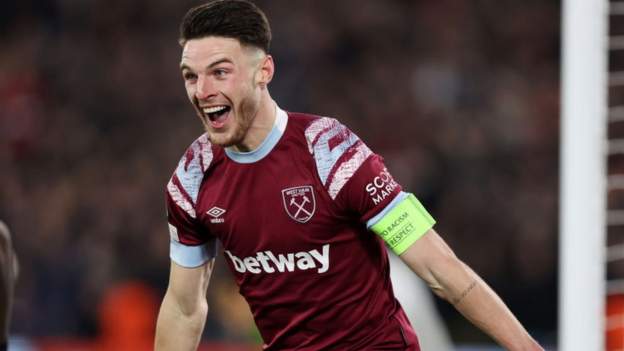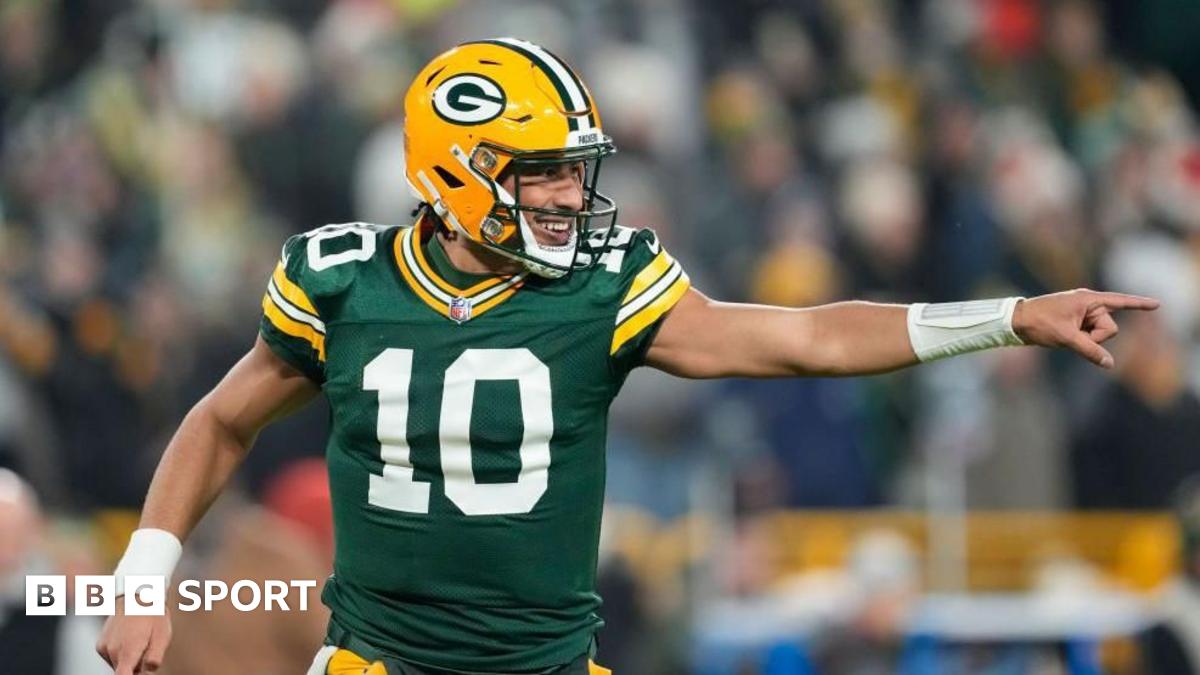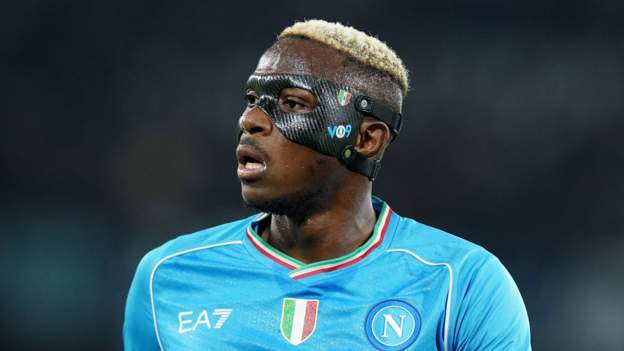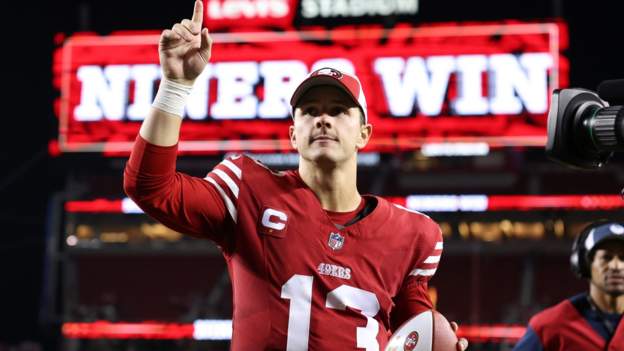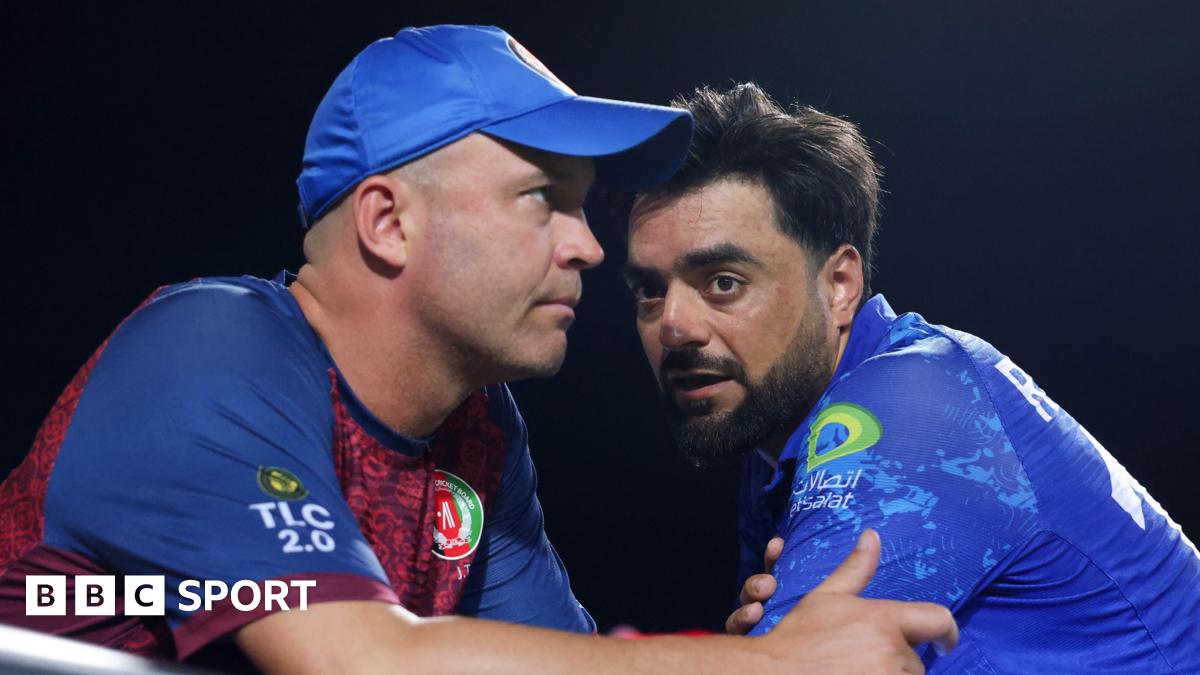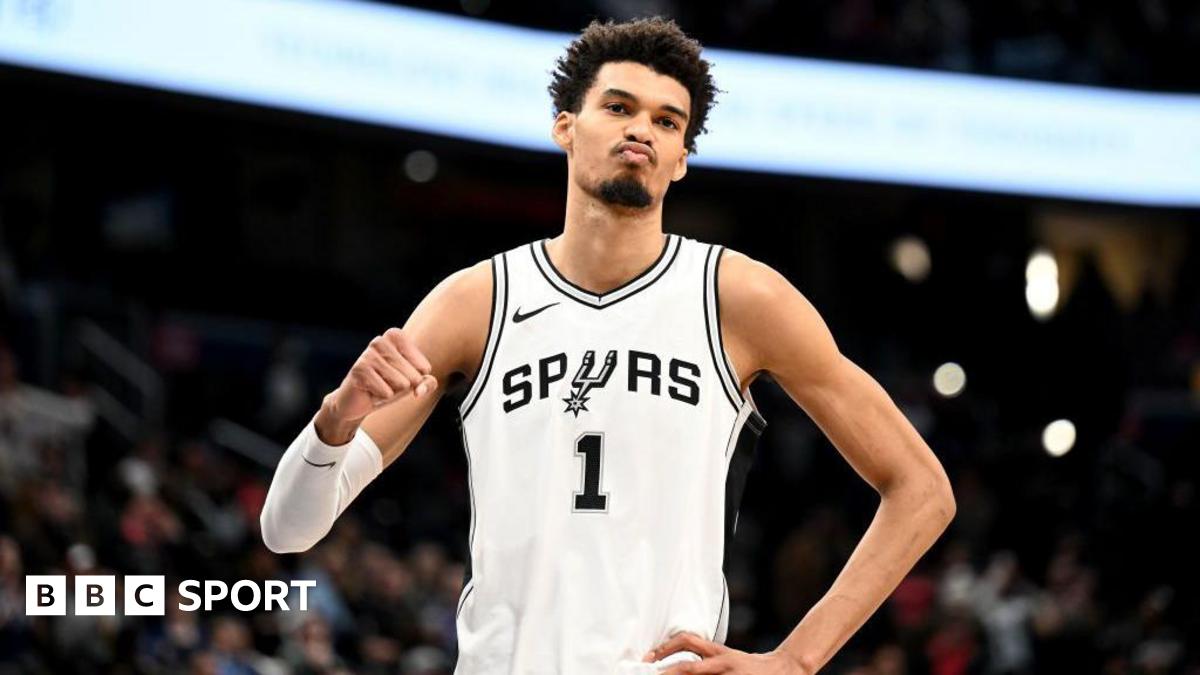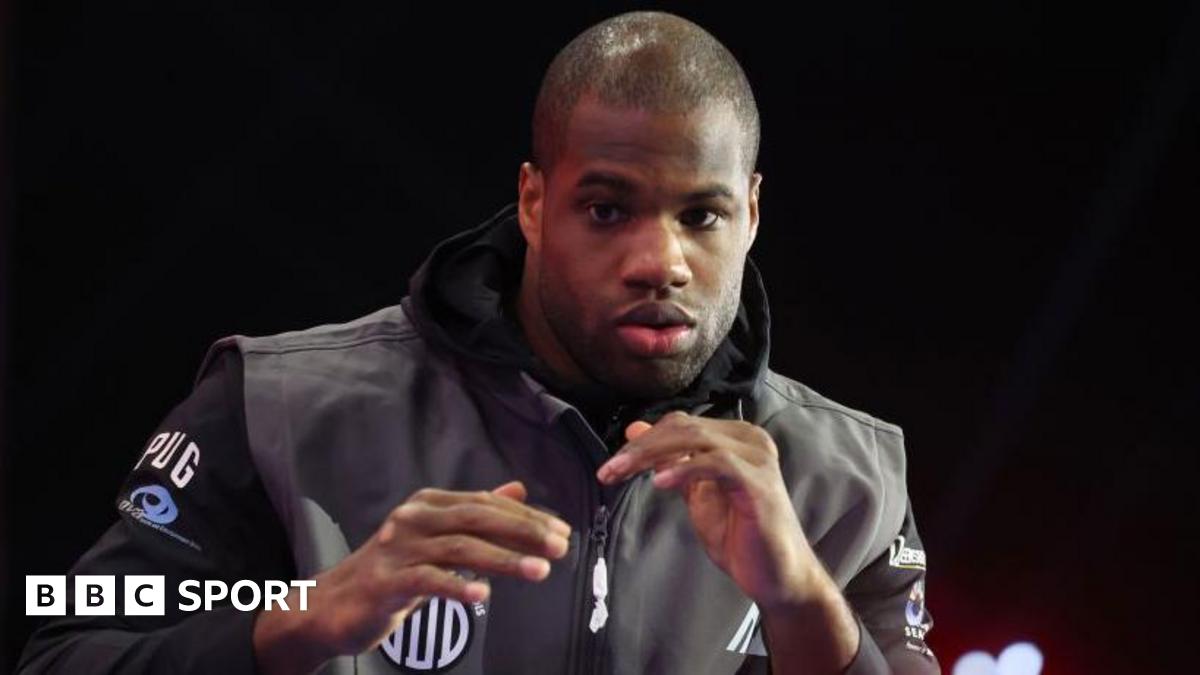Michael Schumacher’s family are planning legal action against a magazine which published an artificial intelligence-generated ‘interview’ with the former Formula 1 driver.
Schumacher, a seven-time F1 champion, suffered severe head injuries in a skiing accident in December 2013 and has not been seen in public since.
Die Aktuelle ran a picture of a smiling Schumacher, 54, on the front cover of its latest edition with a headline of “Michael Schumacher, the first interview”.
A strapline underneath reads “it sounded deceptively real”, and it emerges in the article that the supposed quotes had been produced by AI.
The article was produced using an AI programme called charatcter.ai, which artificially generated Schumacher ‘quotes’ about his health and family.
“I can with the help of my team actually stand by myself and even slowly walk a few steps,” read the Schumacher ‘quotes’.
“My wife and my children were a blessing to me and without them I would not have managed it. Naturally they are also very sad, how it has all happened.
“They support me and are standing firmly at my side.”
The family have confirmed to news agency Reuters that they are planning to pursue the matter legally.
The magazine’s publishers told BBC Sport they would not be commenting on the issue.
Following his skiing accident, Schumacher was placed into an induced coma and was brought home in September 2014, with his medical condition since kept private by his family.
Schumacher won two of his F1 world drivers’ titles with Benetton in 1994 and 1995, while he claimed five in a row for Ferrari from 2000 to 2004.
His seven F1 titles is a record shared jointly with Lewis Hamilton, while Schumacher achieved 91 race wins over his career, a record Hamilton surpassed in 2020.
The German originally retired from racing in 2006 but returned in 2010 before again retiring two years later.
Schumacher’s son Mick used to drive for Haas in F1 and is currently a reserve driver for Mercedes.
In a 2021 Netflix documentary, Schumacher’s wife Corinna said: “We live together at home. We do therapy. We do everything we can to make Michael better and to make sure he’s comfortable, and to simply make him feel our family, our bond.
“We’re trying to carry on as a family, the way Michael liked it and still does. And we are getting on with our lives.
“‘Private is private’, as he always said. It’s very important to me that he can continue to enjoy his private life as much as possible. Michael always protected us, and now we are protecting Michael.”

